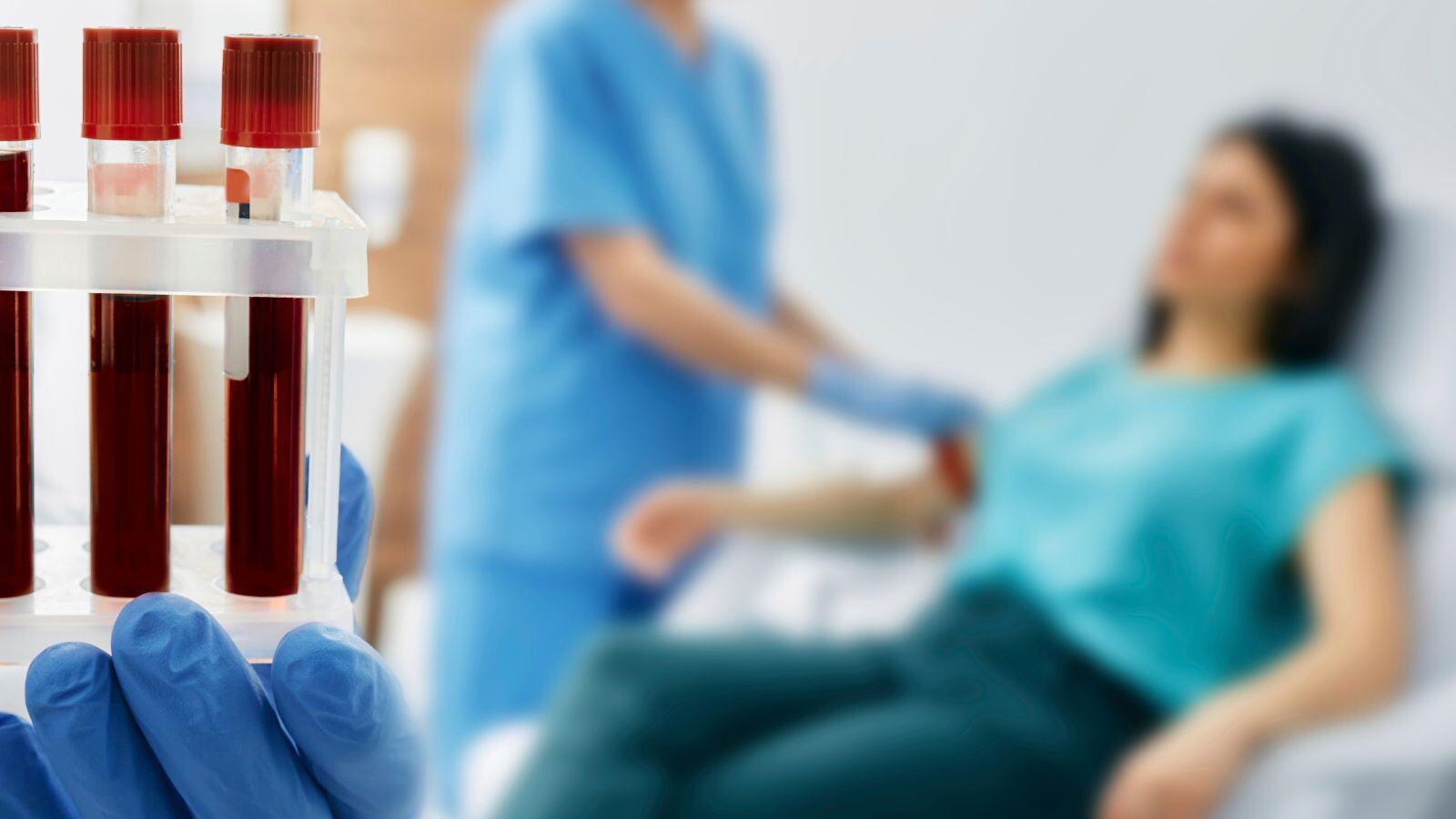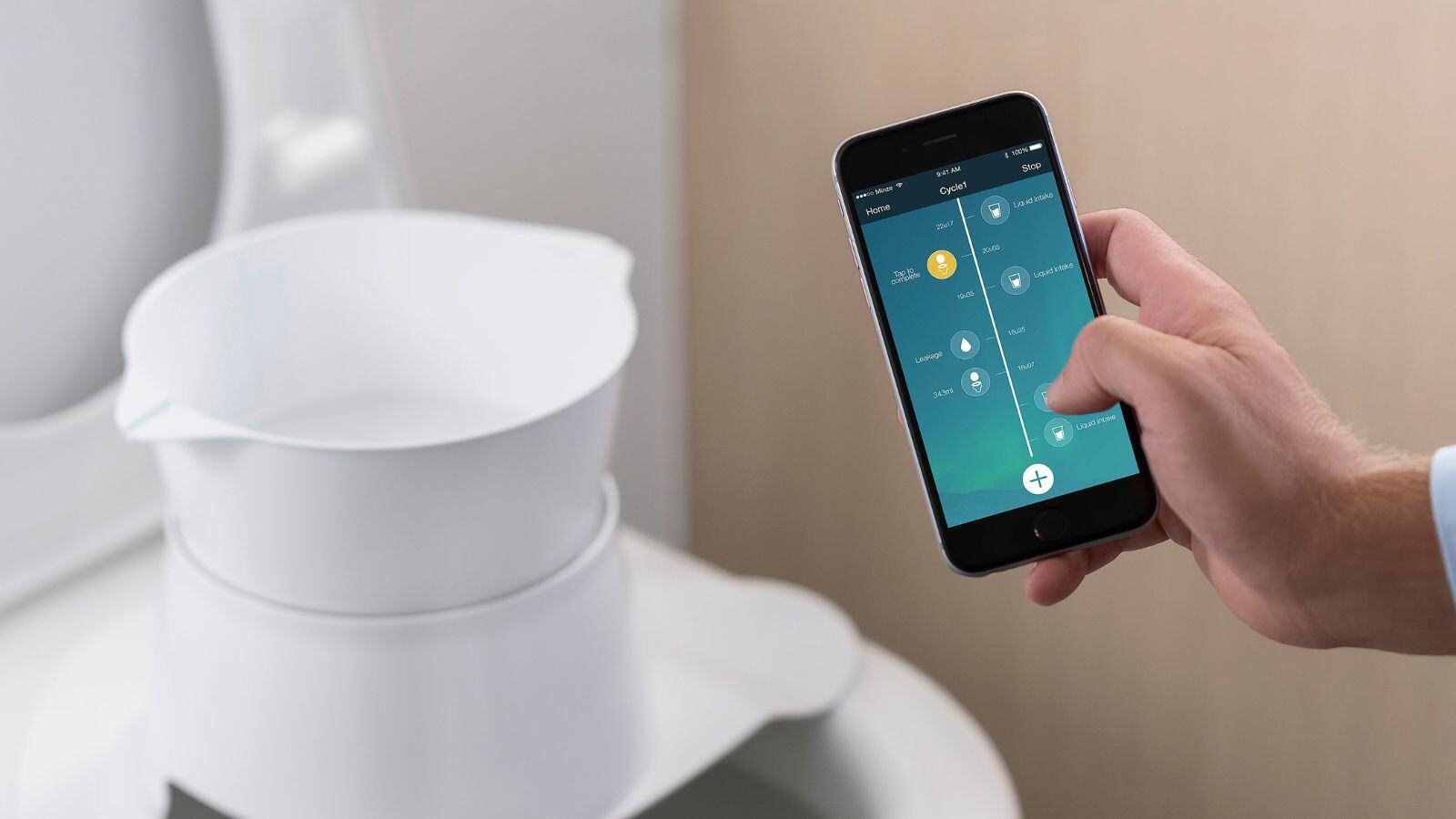Well-designed clinical trials can be used to support market authorization.
The majority of this business income goes to companies offering unproven therapies. The EMA Committee for Advanced Therapies (CAT) emphasizes that in order for patients to benefit from the promise of cell-based therapies, well–designed clinical trials on these therapies’ safety and benefits are essential.
Moreover, these trials will protect the safety, rights and well-being of patients. Well-designed clinical trials also keep patients informed about the potential benefits and risks of the treatments and can be used to support market authorization, which will ultimately benefit future patients.
Which regulations apply?
Clinical trials take place in a highly regulated environment and involve many stakeholders. They cost money and time, but safety always comes first! In clinical trials, ATMPs are considered investigational medicinal products (IMP) and must therefore follow the existing guidelines for drugs, the most common ones being
- ICH GCP E6 (R2) Addendum (ICH is recognized in the US, EU, Japan, Canada and Switzerland),
- the Food and Drugs Administration (FDA in the US) regulations and guidance documents
- and the European Medicines Agency (EMA for EU trials) directives and regulations.
However, these should be adapted by laying down tailored rules that fully take into account the specific technical characteristics of ATMPs.
And then we have the General Data Protection Regulation: a very complex law on data privacy of both trial subjects but also stakeholders involved in the trials, adding several more stakeholders in manufacturing and logistics for ATMP trials.
The complex and innovative nature of ATMPs adds specific challenges to the way clinical trials are designed and conducted.
The first challenge lies in the classification of the ATMPs: depending on their nature, (genetically or tissue engineered or somatic-cell therapies) and on the absence or presence of medical devices as an integral part of the treatment, different additional regulations and guidelines will apply.
An ATMP–specific guideline was written in 2019: Good Clinical Practice specific to Advanced Therapy Medicinal Products. This guideline explains special challenges and requirements for clinical trials in ATMPs.
Which challenges does that pose?
The complex and innovative nature of ATMPs adds specific challenges to the way clinical trials are designed and conducted. Think about manufacturing constraints and the short shelf-life of the product that could require the implementation of tight controls on logistical arrangements to transport and administer the product.
Site selection
Site selection should not only be based on availability and experience of the investigators, but also on its distance from the manufacturing site, to ensure the product can be delivered within its shelf-life; not forgetting specific licenses and facilities to store and prepare the ATMPs.
Careful considerations are required to select the correct study population and design:
- the number of cohorts,
- the comparative product,
- dosing and traceability,
- and blinding of the treatment.
Also, the mode of application could limit the use of placebo controls. And it might not always be feasible to get relevant non-clinical data before the product is tested on humans.
Training
Without a doubt, special training is required for all parties to ensure consistency of production, transport and administration, not just for the manufacturing and investigational sites, but also the clinical trial team and all providers, including transport.
Moreover, all related forms and procedures should be clearly outlined to all parties to ensure integrity of the data and safety of the patients.
Time
Specific safety issues, such as the risk of integrational mutagenesis of GTMPs, unexpected bio-distribution and ectopic tissue or tumor formation, require risk management that may need longer follow-up periods, as well as additional trials and registries post-authorization.
The duration of the biological activity of a given ATMP should be taken into consideration when determining the need of subject follow-up. The reporting forms and data capture systems should be adapted to reflect a differentiated causality assessment for each component of the ATMP, but also the definitions of safety events should be carefully adapted to the nature of the product.
If it isn’t documented, it didn’t happen.
Documentation
And as with all clinical trials, if it isn’t documented, it didn’t happen. Traceability requirements for ATMPs are the same as for IMPs, but longer archiving is required. In the case of cell products there should be extensive donor documentation, including detailed procurement reports of donated materials.
This is certainly important for autologous transplantations, documenting the whole supply chain and making it traceable at all stages to avoid mix-ups and making sure that patients are getting back their own material.
Traceability and safety requirements require additional label specifications for ATMP packages and shipping containers, resulting in high costs and long set-up timelines that should be taken into account.
Multidisciplinary experts
Since clinical trials for ATMPs pose many challenges, it is necessary to have multidisciplinary experts with relevant knowledge to provide subject matter-related support, communication and oversight.
By increasing exposure to this type of clinical research, competent authorities and clinical sites will become more familiar with and enthusiastic towards ATMP research.
The success in execution of these trials lies with expert guidance and support to help deliver ATMP-related milestones.







.png?width=109&height=108&name=Pharma%20(2).png)
.png?width=111&height=108&name=Medical%20Devices%20(2).png)
.png?width=84&height=107&name=IVD%20(2).png)






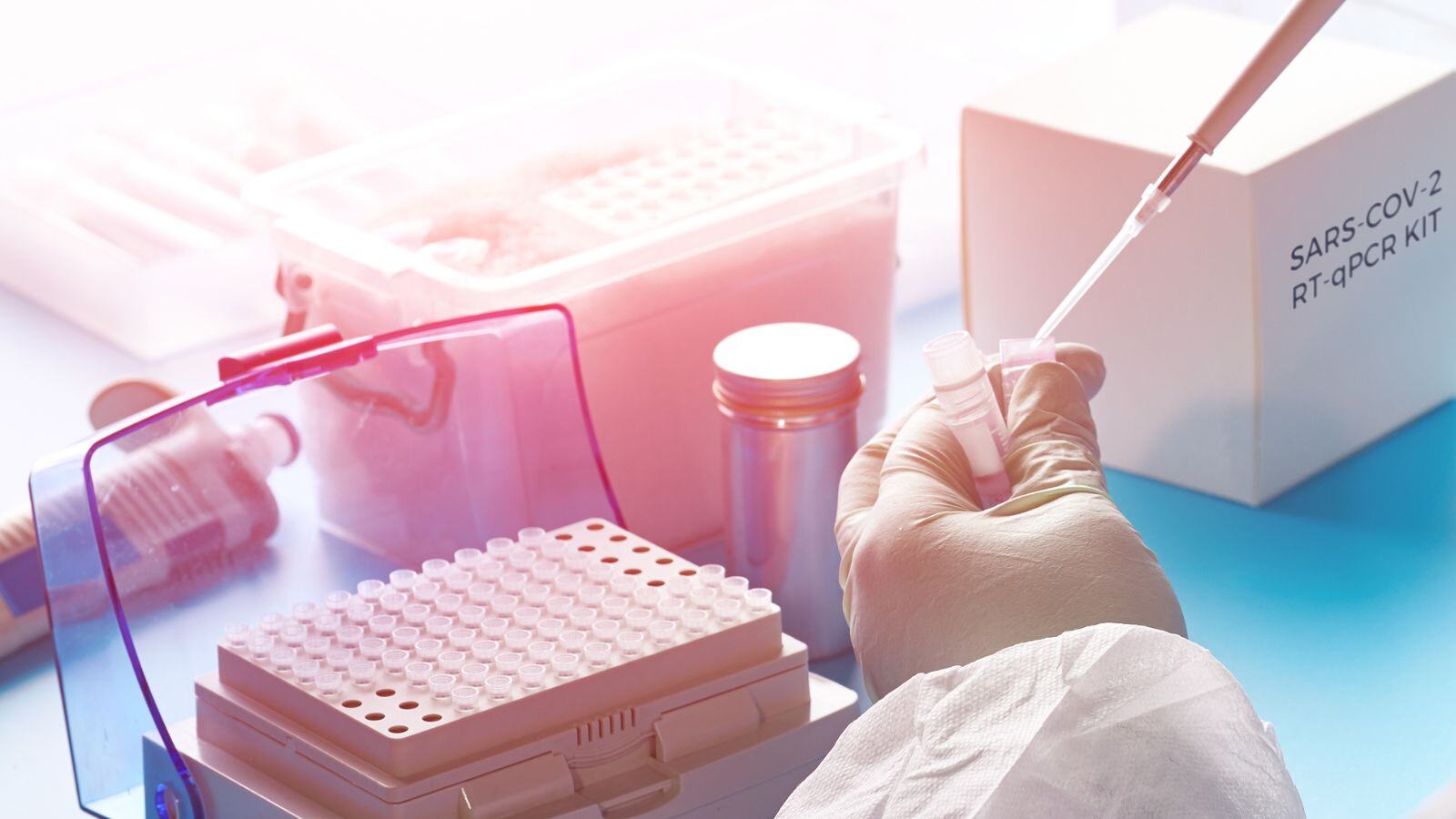


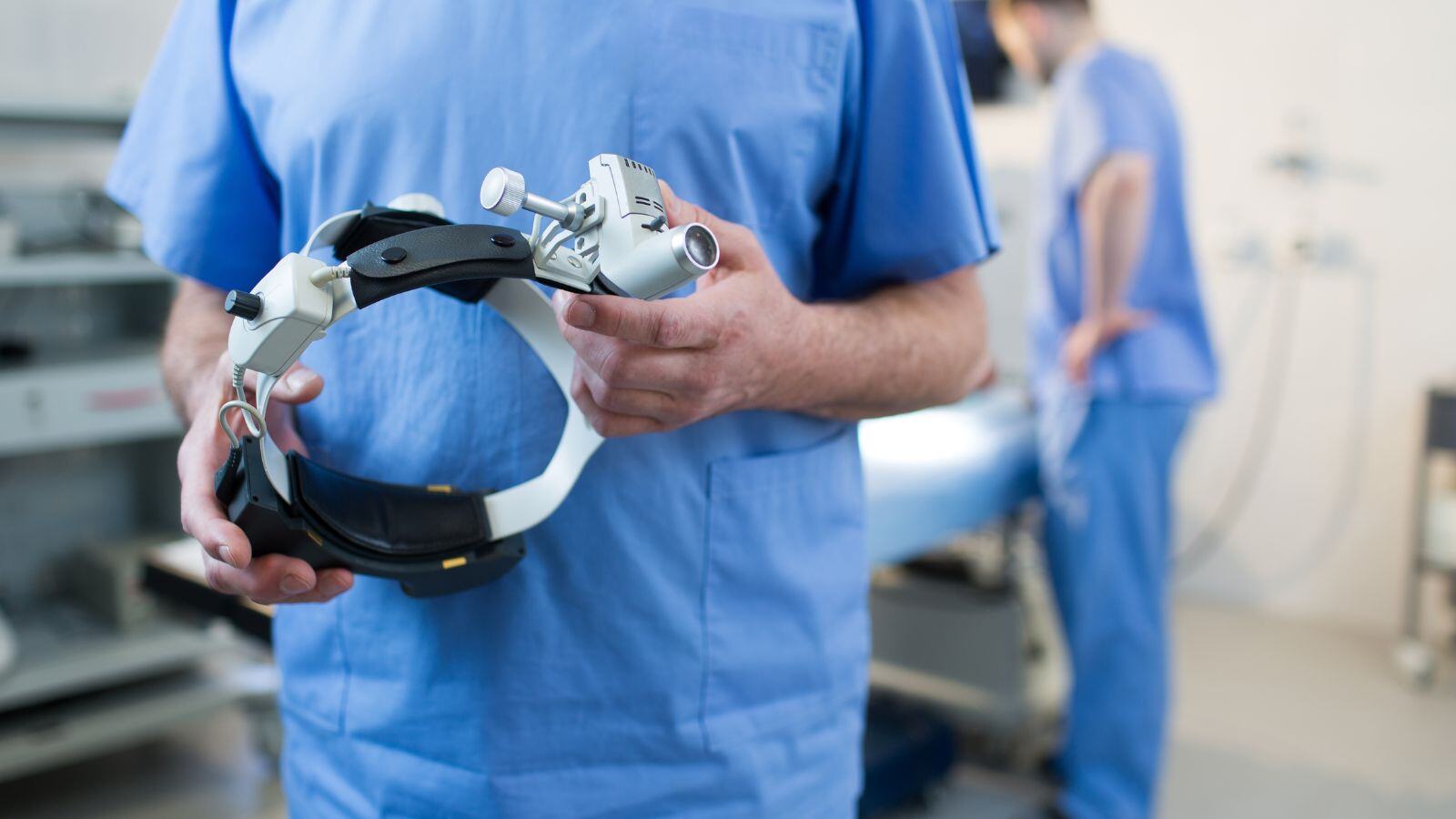
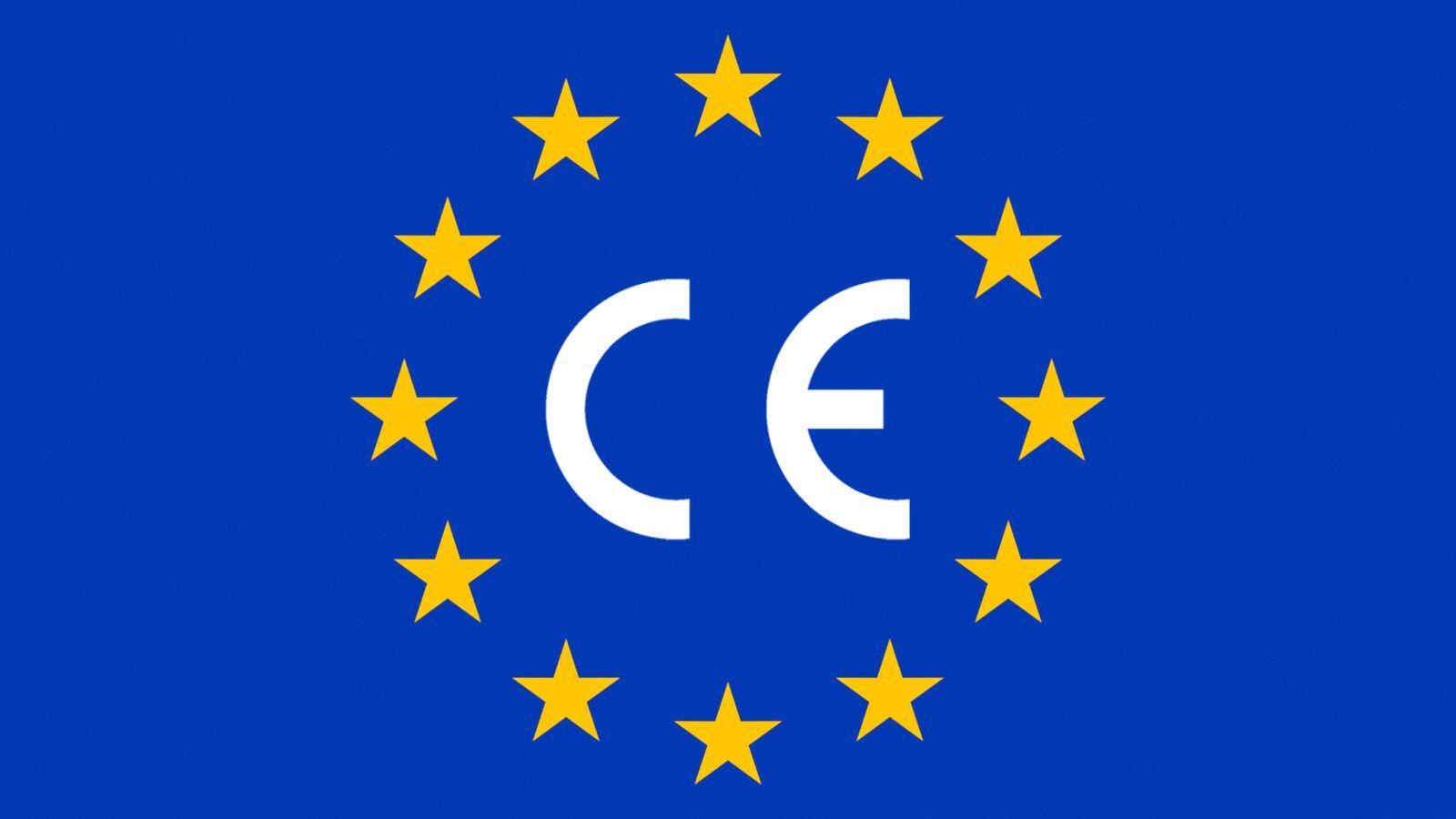
.jpg)

